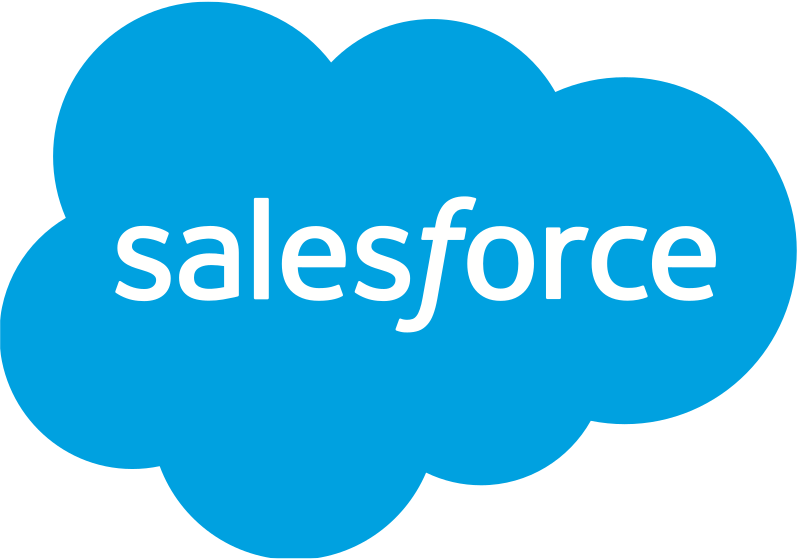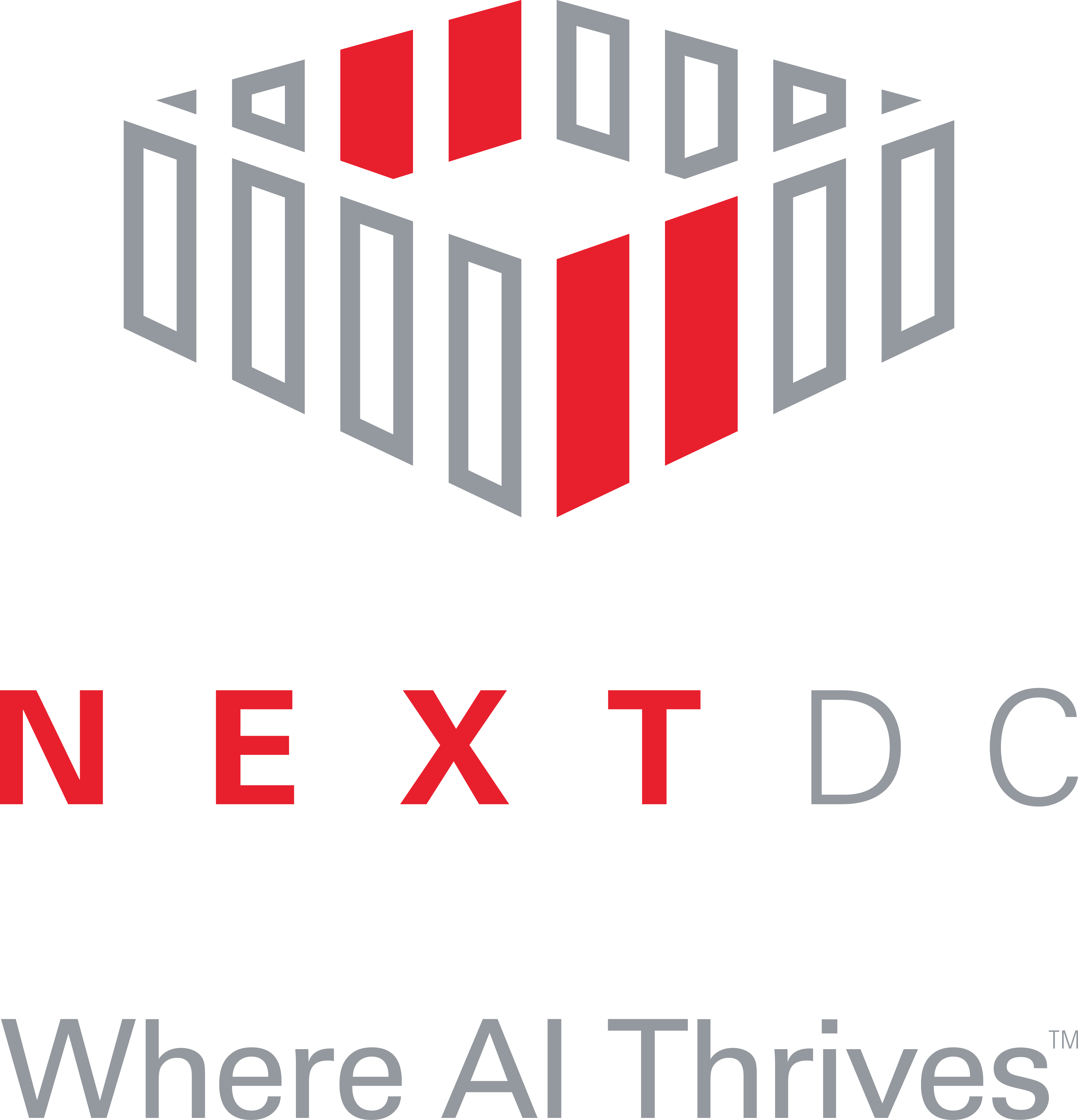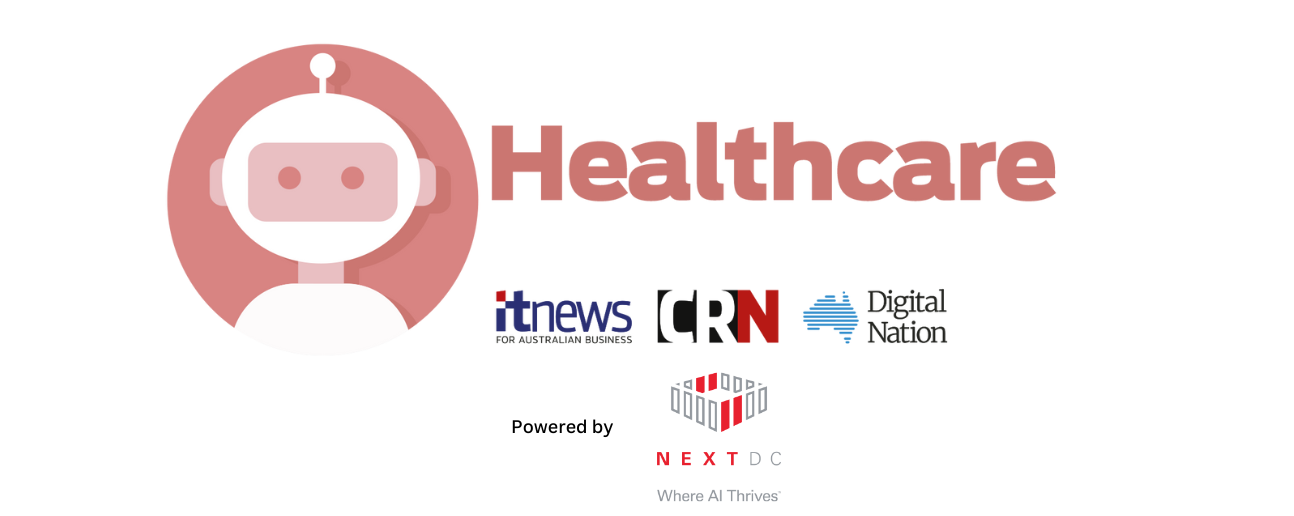.png)
For a technology that is based in the world of silicon, some of AI’s most profound use cases are supporting the health of the carbon-based lifeforms that have created it.
Healthcare is one of the earliest adopters of AI, thanks to the technology’s ability to find insights in the massive amounts of data that are needed to describe the biological world.

Machine vision, for example, already has a long history in healthcare, assisting clinicians to detect melanoma and other illnesses. AI has also proven adept at finding insights in vast troves of medical data, such as tracking the spread of disease and making recommendations in drug discovery programs.
There are numerous estimates regarding the global market for AI in healthcare, with Grand View Research estimating it as worth US$19.27 billion ($28.66 billion) in 2023, and growing by 38.5 percent annually until 2030.
Data for Australia is harder to come by, with the Australia AI in Medical Imaging Market Report 2022 to 2030 projecting that this one specific market will grow from $80 million in 2022 to $1.78 billion by 2030.
Careful choices
A critical consideration for the introduction of AI into healthcare is the consideration that any errors can have profound impacts for the health of the people they are applied to.
“Healthcare has always been cautious in the use of newer technologies for management of patient care,” according to the chief medical information officer at Digital Health South Australia, Dr Santosh Verghese.
“This is because when technologies go wrong, they have significant impact in the lives of people affected.
“Personal health data is held at even higher standards than financial data, so the use of this data for newer technologies needs to have adequate protections.”

SA Health developed a two-pronged approach to the deployment of AI, based on creating a governance framework to guide the development, maintenance, and use of these models, and on incorporating AI and ML technical capabilities into SA Health’s secure data and analytics platform.
Dr Verghese said that using newer technologies in simple, low risk demonstration projects familiarises technical and clinical workers with AI’s safe and effective use. One of these projects is a chatbot that helps clinicians use the electronic medical record (EMR).
“Other clinical groups are working on developing AI-written patient discharge summaries and enhancing legacy service capacity and demand prediction capabilities,” Dr Verghese said.
The return on investment for clinicians is a decrease in the time spent performing mundane administrative tasks. Additional benefits come from having AI summarise the large volumes of information that clinicians need to view every day, and through helping recognise patterns in public health, leading to the development of hypotheses for future research.
However, Dr Verghese advised that AI will need to mature before it finds widespread adoption. This includes the need for a thorough understanding of AI’s data privacy and security implications and its potential for bias, as well examinations of ethical considerations, workforce readiness, and the public’s level of trust and acceptance.
Health authorities may have no choice other than to confront these challenges.
“As healthcare struggles with high capacity and workload, in the near future I see AI being used to help improve system efficiency, decrease clinical cognitive load, and improve efficiency.” - Dr Santosh Verghese, chief medical information officer, Digital Health South Australia
Driving healthcare efficiencies
AI is also playing a variety of roles at the Australian multinational healthcare provider and hospital network Ramsay Health Care. These include providing clinical documentation for doctors, streamlining information retrieval and administrative tasks for hospital team members via a generative AI chatbot, and making recommendations on whether coded incidents require review by a clinical auditor prior to being billed.
This is only the beginning of the organisation’s AI ambitions, with Ramsay’s global group executive for transformation and digital enablement Dr Rachna Gandhi describing future developments including an advanced system to analyse patient and customer feedback, and the creation of immersive learning and development environments for graduate nurses and clinicians.
Dr Gandhi said generative AI is well suited for capturing and enhancing the conversational interactions with doctors, nurses, hospital team members, and patients.
“Generative AI can transform speech and text input into structured formats for clinical notes which streamlines administrative tasks, freeing up our people for other value-adding tasks,” she said.
“It provides a familiar interface for doctors who are already accustomed to dictating notes into dicta phones, or to junior medical officers and secretaries.”

While some organisations are testing the technology’s capabilities for summarising Teams meetings, Dr Gandhi said the benefits in healthcare can allow staff to focus more on patient care.
“Clinical coding is a really important role in healthcare organisations, and AI will play a significant role in reducing effort and time elapsed for clinical coders to confirm codes with clinicians,” Dr Gandhi said.
“It will also allow for easier and more consistent clinical documentation workflow from clinicians through to coders and billing. By identifying potential issues in real-time, AI can also reduce administrative rework by minimising the need for corrections.
“AI also has potential to improve the quality of clinical documentation, making it more comprehensive which in turn could lead to reduced medicolegal risks.” - Dr Rachna Gandhi, global group executive for transformation and digital enablement, Ramsay Health Care
A focus on human care
AI will play a key role in reducing the administrative burden for care teams, while also being essential for scaling operations efficiently, streamlining processes, and leveraging data-driven insights to enhance overall organisational performance.

“It is also a catalyst for innovation, enabling the development of new models of care delivery and broadening the scope of what's possible in healthcare services,” Dr Gandhi said.
“AI is critical for reimagining patient care, meeting and exceeding evolving patient expectations for personalised and efficient service delivery. By integrating AI, we aim to enhance the patient experience continuing to position Ramsay at the forefront of healthcare.”
These projects were conducted within strict governance frameworks with respect to ethical considerations and patient privacy, with each AI solution undergoing a privacy impact assessment to identify and mitigate any privacy risks before implementation. At the same time, Dr Gandhi said Ramsay understands the need to be agile, utilising iterative development for the swift and secure adaptation of AI tools to meet organisational requirements.
Collaborations in research
AI’s potential doesn’t stop with the delivery of healthcare. With much medical research now taking place in the digital realm, AI has the potential to derive new insights from the vast amounts of medical data.
At the Melbourne-based brain research centre, The Florey Institute of Neuroscience and Mental Health, newly appointed executive director Peter van Wijngaarden said AI is an essential tool for medical researchers, providing specialist capabilities while automating repetitive tasks in the research process.
“There is a lot of data in images that are routinely acquired in research and clinical practice, the interpretation of which is limited very much by the what the human observer can see and interpret,” Van Wijngaarden said.
At The Florey, AI played a key role in the development of the Australian Epilepsy Program, which aims to improve outcomes for people living with epilepsy by fast-tracking the time from diagnosis to seizure control. Patients participate in a state-of-the-art imaging processes utilising AI-powered analysis, with the resulting data integrated with additional clinical data and neuropsychological testing data to identify people whose condition may be amenable to surgery.

However, with both AI and clinical skills being rare in the Australia market, Van Wijngaarden said this deficiency is a key factor holding back medical research. But it is not the only barrier that medical researchers face when seeking to maximise the value of AI.
“There is a huge capability gap, but there is also a problem in terms of data ecosystems” Van Wijngaarden said.
“Our systems are not set up to capture data in a structured way that makes it easy to implement and deploy AI system.”
The ultimate collaboration
As much as human health can benefit from AI, the development of AI is also directly tied to our understanding of human systems, with many AI models owing their foundations to studies of the human mind.
“Current AI models have about 2 trillion connections between the individual neurons,” Van Wijngaarden said.
“Two trillion sounds like a big number, but if we think about the brain, there are about 100 billion neurons in the brain, each of which has about 7000 synaptic connections with other neurons, so you are talking 700 trillion connections."
“We are already seeing, with two trillion connections, remarkable capacity in computational models to generalise and to produce outputs that are strikingly human.” - Peter van Wijngaarden, executive director, The Florey Institute of Neuroscience and Mental Health
While for now AI is still establishing the role it will play in human healthcare, according to Ramsay’s Dr Gandhi, its effect will be transformative for how teams provide patient care.
“AI will not replace providers and caregivers, it will also complement what they already do, reducing clinician burnout, time to diagnosis, and healthcare costs,” she said.
“It will revolutionise patient care by supporting clinicians to even higher diagnostic accuracy, improved treatment planning, and better clinical data and insights.
“AI also has the potential to enhance health care access and quality, as well as shape the future of medical research with advanced data analysis capabilities. The pace at which AI technology is advancing will allow for faster improvements and enhancements in healthcare delivery.”
Healthcare Champion

Tempering workforce innovation with responsible governance is key to AI success in Health
Artificial Intelligence (AI) is transforming the healthcare industry by streamlining administrative processes, enhancing patient care, and empowering clinicians with predictive tools, while the successful deployment of AI hinges on responsible governance, ethical use, and improved digital literacy within healthcare teams.
State of AI Champions
We are proud to present the State of AI Report Champions, and we will showcase the work they are doing in the coming days.
.png)
















